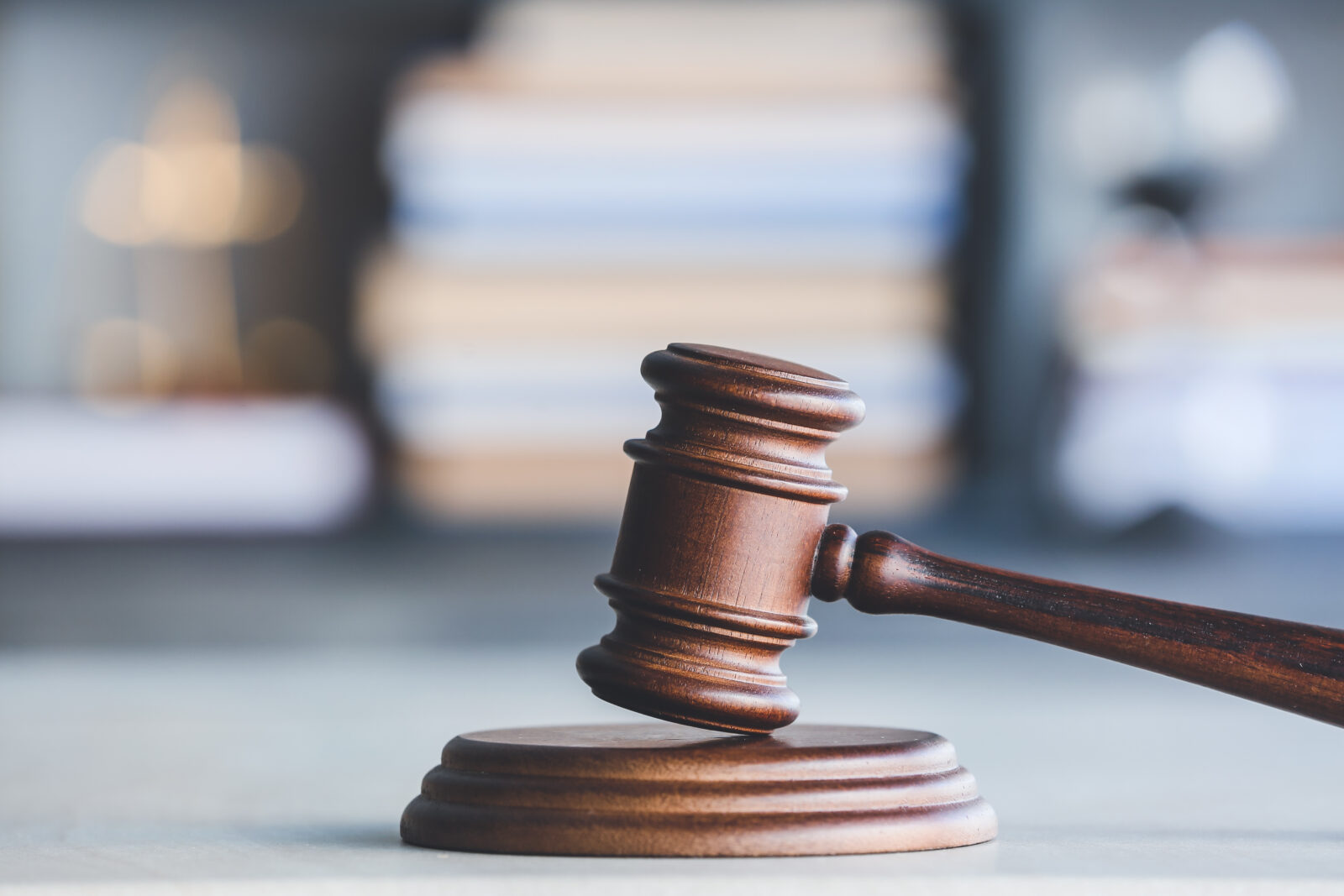Of Horse and Man: Can a Malnourished Horse Sue Its Owner?
From the Desk of Josh Hayward:
Oregon’s animal welfare laws are some of the most protective statutes in the nation. However, despite the very animal-friendly regulations, Oregon has never recognized an animal as a legal entity with the capacity to bring a lawsuit. In this case, the Oregon Court of Appeals analyzed whether a horse who had been severely neglected could qualify as a legal party in a negligence suit against the horse’s former owner.
Claims Pointer:
The Oregon Court of Appeals determined that even though Oregon law recognizes animals as sentient beings with the ability to suffer and feel pain, animals are still considered property under the law, not legal entities with the capacity to sue..
Justice v. Vercher, 321 Or.App. 439 (2022).
Facts:
In March 2017, Defendant’s neighbor contacted the Oregon Horse Rescue to report that Defendant’s horse, Justice, was underfed and emaciated. The neighbor convinced the Defendant to take Justice to the vet, who determined that Justice was very sick. The horse was 300 pounds underweight, lethargic, weak, and had significant difficulty walking. Justice’s condition suggested that he had been malnourished for several months. After the vet visit, Justice’s owner voluntarily surrendered ownership of Justice to Sound Equine Options (“SEO”), a horse rescue and rehabilitation facility. Justice was then transported to an equine hospital where he began his recovery. As a result of his extreme malnutrition, Justice required intense and costly medical care and will require unique sheltering and care needs for the rest of his life.
In July 2017, the Defendant pled guilty to first-degree animal neglect. Pursuant to her plea deal, Defendant agreed to pay restitution to SEO for the cost of Justice’s care prior to July 6, 2017.
In May 2018, Kim Mosiman, the Executive Direct of SEO, filed a complaint against Defendant naming “Justice, an American Quarter Horse,” as plaintiff. The complaint contained a single claim of negligence per se based on the animal neglect charge.
Defendant moved to dismiss the complaint, arguing that a horse lacks the legal capacity to sue. The trial court granted the motion with prejudice, agreeing that Justice, as a “non-human” did not have “the legal status or qualifications” required to file a lawsuit. The trial court, however, left open the possibility that the appellate court might disagree. The Court stated that an appellate court may come to a different conclusion if it waded into “the public policy debate involving the evolution of animal rights.”
Taking the Judges que, Mosiman appealed, and continued to assert that Justice had the legal capacity to sue with Mosiman as his de facto guardian under ORCP 27.
Law:
ORCP 27 outlines the standard for when a person can act as a legal guardian for another party. This statute is typically applied to situations involving minors or incapacitated / financially incapable adults. Courts have previously held that ORCP 27 applies to parties that are “natural or artificial,” meaning either a real human being, or a legal entity such as a company. Dahlton v. Kyser, 370 Or 34, 41-47, 513 P3d 598 (2022).
Oregon animal welfare statutes are some of the most protective in the nation, recognizing that animals have the capacity to suffer and feel pain. However, animals have so far never been considered “persons” under the law capable of suing on their own behalf or under ORCP 27 through a legal guardian.
Analysis:
Mosiman argued that the Court should recognize Justice as a legal “person” because animals individually bear legally protected rights under Oregon’s animal cruelty laws. To support this argument, Mosiman reasoned that because animals are owed a duty of “minimum care” under Oregon animal cruelty laws, animals have a right to be free from abuse and neglect. She argued that this statutory right distinguished animals from other forms of property, and thus provided animals with an elevated legal status that includes the right to sue for negligence.
The Court rejected Mosiman’s argument. Looking to Oregon animal welfare statutes, the Court reasoned that the legislative intent of these statutes was not to make animals separate legal entities, but to recognize that animals are a special form of property that should be afforded additional protection. The Court continued by distinguishing a case like Mosiman’s negligence claim from criminal cases where the State is suing on behalf of an animal. The Court explained that in criminal animal cruelty cases, the State is fulfilling Oregon’s societal intent to protect animals from suffering, not establishing animals as separate legal entities.
Though the Court agreed with Mosiman that Oregon’s animal welfare statutes are some of the most protective animal welfare statutes in the nation, the Court emphasized that the law still recognized animals as property and not separate legal “persons.” Interestingly, the Court did not foreclose the possibility of an animal ever being recognized as a legal entity with the capacity to sue, but articulated that the courts are not the proper forum to achieve that goal.
Ultimately, the Court held that although Oregon law recognizes an animal’s “sentience and ability to experience pain, stress, fear, and suffering” the law does not currently recognize an animal’s legal capacity to “hold rights and assert them in court.” The Court extended this reasoning to ORCP 27, holding that because an animal is not a legal entity in its own right, a legal guardian cannot sue on behalf of an animal.
Big Picture:
Oregon law considers animals to be property, not legal entitles with the capacity to act as a party to a lawsuit. Because animals cannot be a legal party in a case, a legal guardian cannot sue on behalf of an animal under ORCP 27.

















